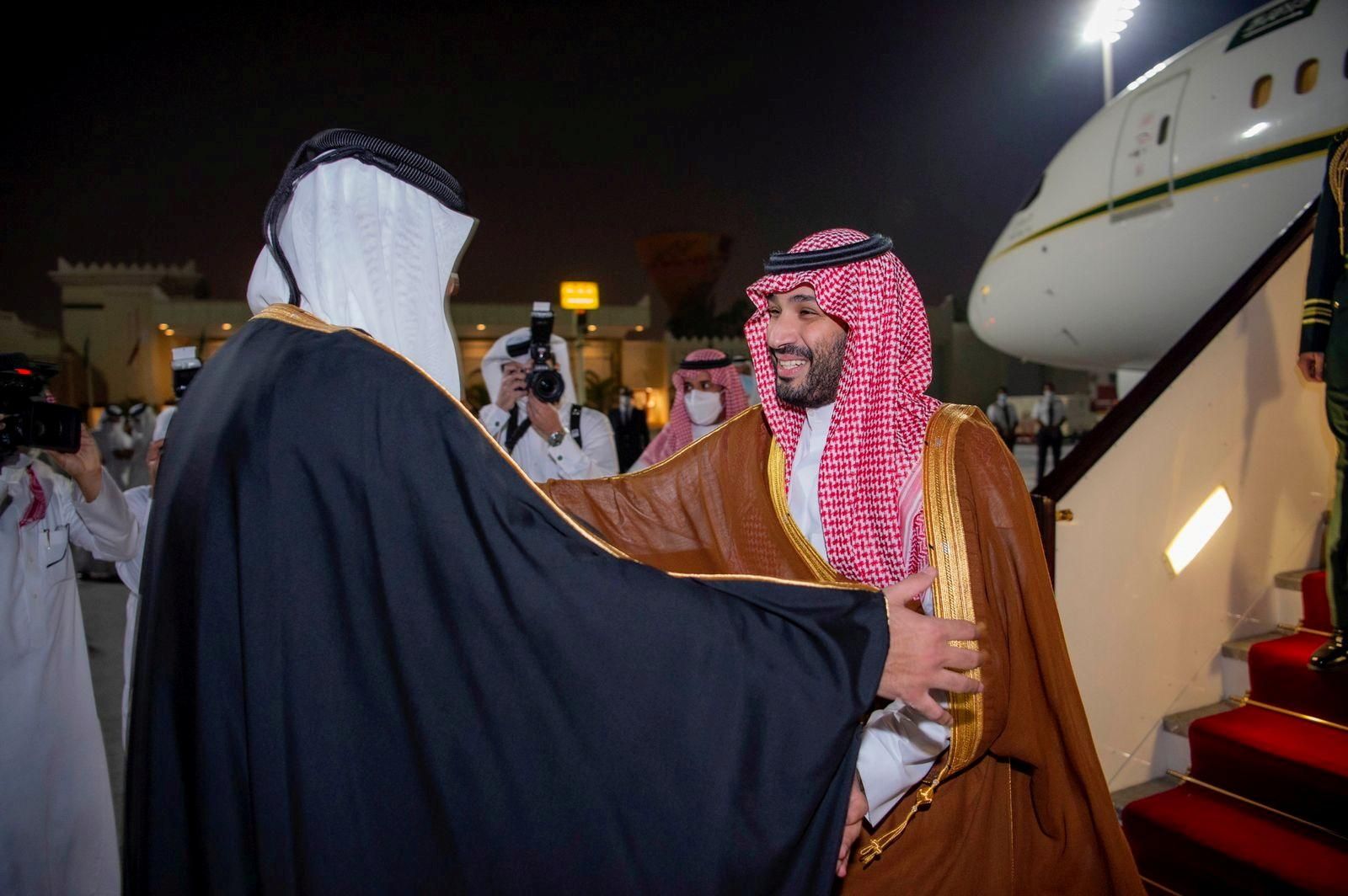The political winds in the Middle East are shifting in favor of greater cooperation among the countries of the region as the US disengages and pivots to Asia. No longer confident they can call on their powerful ally for assistance when the shooting starts, regional powers are seeking to lower tensions in their historically dangerous neighborhood. They are trying to improve relations with erstwhile rivals and to close the chapter of the Arab Spring, which created conflicts within and among countries the region. We asked Eurasia Group analyst Sofia Meranto to explain the recent developments.
What are some of the signs of this trend?
There is increased diplomacy between countries in the region on issues that are important for stability. Toward the end of last year, UAE Crown Prince Mohammad bin Zayed visited Turkey, his national security adviser Tahnoun bin Zayed visited Iran, and Saudi officials have also been meeting with their Iranian counterparts. This outreach highlights a remarkable shift by the UAE and Saudi Arabia, which have for the past years treated Turkey as a rival for influence in the region and Iran as an enemy.
The shift started to take shape in 2020 when the UAE became the first Gulf country to normalize ties with Israel and then pursued a series of economic deals with the state. In early 2021, the years-long blockade of Qatar led by Saudi Arabia and UAE was lifted, leading to improved cooperation among Gulf countries. More recently, the UAE and Turkey recently signed a series of trade and investment deals.
Other countries such as Egypt and Jordan are welcoming the move toward greater cooperation for the increased stability and economic benefits they hope it will bring. Jordan, especially, has often found itself balancing relationships with competing countries of the region.
So, all this is prompted by the US pivot to Asia?
The US’s chaotic exit from Afghanistan last year and its limited response to an Iranian attack on Saudi oil infrastructure in 2019 have served as wake-up calls for Middle Eastern leaders that US security guarantees may be fraying. That has prompted regional rivals to seek out partnerships of mutual benefit and play down areas of disagreement. It has also put pressure on the Gulf states and other Arab countries to directly engage with each other as well as with Iran, Israel, and Syria to defuse longstanding tensions.
Cooperation with the US is still a cornerstone for defense and security arrangements in the region. But Gulf countries are increasingly seeking to expand relationships with external partners such as France, the UK, and even China and Russia.
What does this mean for the post-Arab Spring relations?
More than a decade later, the region is still grappling with the aftershocks of the Arab Spring. Many countries were wracked by mass protests and uprisings that led to leadership changes, and in some cases civil war. Outside of these countries, strong divisions emerged among regional leaders over whether to support these movements or not, and many of them backed different factions in the internecine conflicts in Syria and Libya. These divisions have largely persisted for over a decade and led to hostile or tense political relationships that are starting to thaw.
The UAE, Jordan, and Egypt are leading an effort to mend rifts in a process that has been referred to as putting the “Arab house” back in order. This includes winding down the Libyan conflict, normalizing relations with President Bashar al-Assad’s regime in Syria, and supporting President Kais Saied’s consolidation of power in Tunisia. The upcoming Arab League meeting in March will likely be another opportunity to advance progress on resetting relations and bringing the Syrian regime back into the Arab fold. Better relations and greater stability could allow for more economic cooperation. The Gulf states could also be willing to leverage their vast financial resources to support development in some countries.
What are the risks to this outlook?
But it’s still nowhere near smooth sailing in the region. There are risks that the recent progress in lowering tensions is derailed — by even minor issues or miscalculations — or that a renewed cycle of escalation emerges. The Iran nuclear issue poses one of the biggest challenges. If US-Iran diplomacy fails to resurrect a deal that is agreeable to both sides, it’s not certain what might happen next. Tensions between Israel and Iran could increase, and some form of cyber or military action would be possible. This would raise tensions in the wider region and create anxiety for Gulf states.
Meanwhile, there are still many countries with unstable outlooks including Lebanon, Libya, Yemen, Afghanistan, and Iraq. They are all theaters of regional competition and could further inflame disagreements between regional powers.
